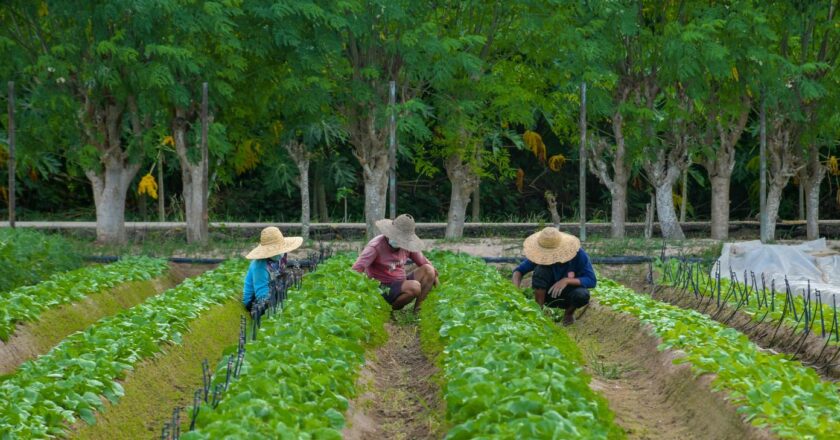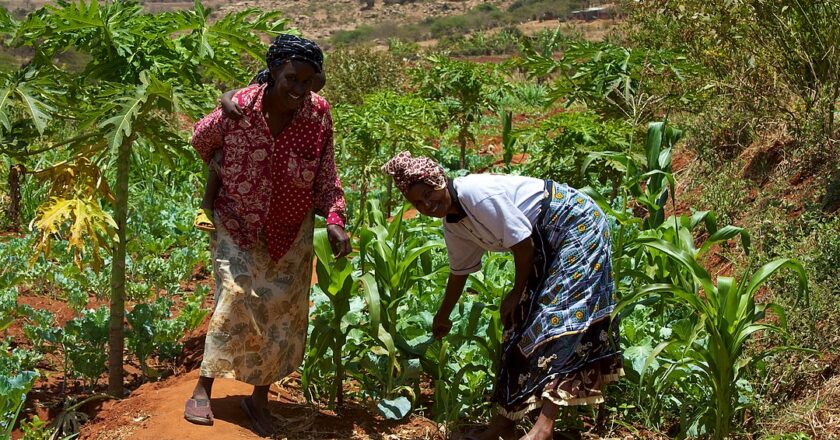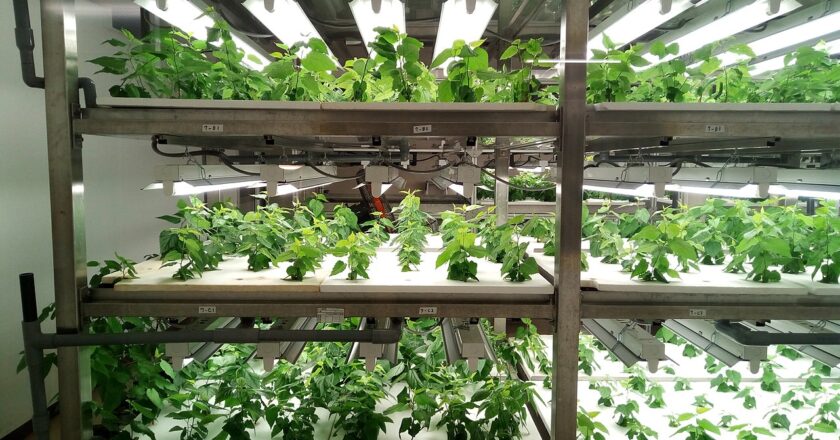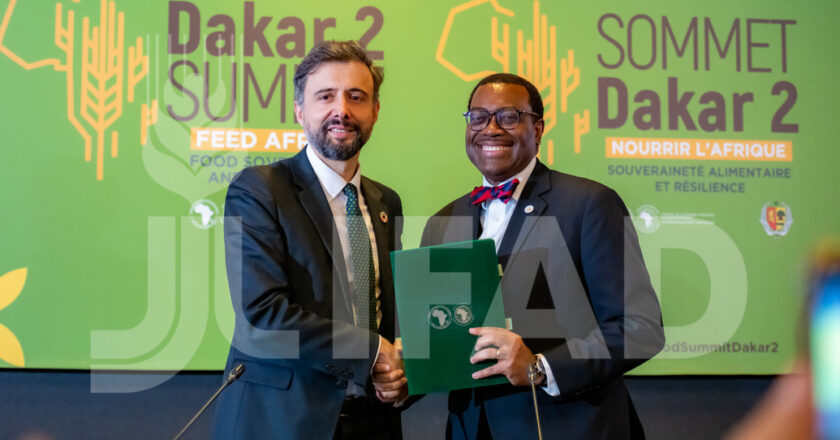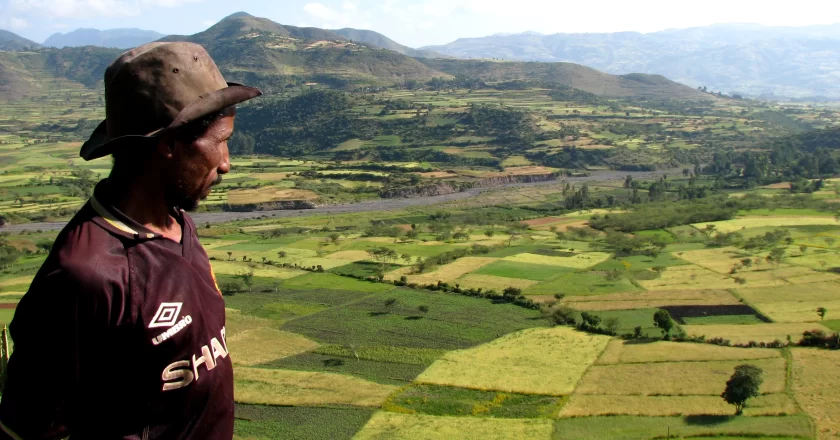Mauritius Charts Future for Sustainable Food Systems
UNDP Mauritius and Seychelles/ Jean-Yan Norbert
The Indian Ocean Island of Mauritius will host a two-day symposium this week to chart pathways to a sustainable food system for the country.
Hosted by the Ministry of Agro-Industry and Food Security and the Economic Development Board, the 16-20 March meeting aims to discuss achieving self-sufficiency in key agricultural products and strengthening the export potential of agro-processed products.
The forum will be held at the Cote d'Or National Sports Complex and officially opened by the President of Mauritius, Pradeep Roopun.
The event will include presentations on various agricultural themes, and an exhibition of agricultural products, techniques, technologies and equipment.
The COVID-19 pandemic, the war in...
